The Inclusive Economy Poll (May 2024)
The Inclusive Economy Poll provides a snapshot of experiences, perspectives, and viewpoints related to economic opportunity, access, well-being, and awareness in the eight-county Capital Region.
Each year Valley Vision fields 2-3 public opinion polls in partnership with Sacramento State’s Institute for Social Research to generate greater understanding of the most pressing issues facing our region. The Inclusive Economy Poll was fielded in 2023 and is Valley Vision’s first public opinion poll solely focused on the economic well-being of our eight-county region.
The Poll was created to support the efforts of We Prosper Together, our region’s initiative bridging together the eight counties of Colusa, El Dorado, Placer, Nevada, Sacramento, Sutter, Yolo, and Yuba to build a stronger regional economy. Building on the California Jobs First program, we are working to uplift our communities, encourage investment in the region, and create living-wage jobs. Valley Vision is the backbone support to We Prosper Together’s Collaborative of 150+ organizations.
Interested in diving a bit deeper into the data? Check out the full question summary.
The Livability Poll (October 2023)
The Livability Poll is a broad based quality of life poll, tracking residents’ experiences with issues such as affordability of necessities, access to services, job and career satisfaction, safety and belonging, as well as residents’ perspectives of the Sacramento Region.
The Poll was in the field from mid-June to mid-July of 2023. It is demographically representative of the Capital region, encompassing Sacramento, El Dorado, Placer, Sutter, Yolo, and Yuba counties.
The Built Environment Poll (May 2023)
The Built Environment Poll is a comprehensive view of the public’s priorities with respect to their built environment, particularly transportation, housing, telework, perceptions of safety, and public health.
The Poll was in the field from October to December of 2022. It is demographically representative of the Capital region, encompassing Sacramento, El Dorado, Placer, Sutter, Yolo, and Yuba counties, and has a margin of error of plus or minus 2.3 percent.
This poll is a project of Valley Vision and the Sacramento Area Council of Governments (SACOG), in partnership with the Institute for Social Research at Sacramento State.
The Livability Poll (October 2022)
The Livability Poll is a broad based quality of life poll, tracking residents’ experiences with issues such as affordability of necessities, access to services, job and career satisfaction, safety and belonging, as well as residents’ perspectives of the Sacramento Region.
The Poll was in the field from mid-June to mid-July of 2022. It is demographically representative of the Capital region, encompassing Sacramento, El Dorado, Placer, Sutter, Yolo, and Yuba counties, and has a margin of error of plus or minus 2.3 percent.
This poll is a project of Valley Vision and CapRadio, in partnership with the Institute for Social Research at Sacramento State.
Residents are split as to how their overall quality of life has changed in the last five years. They think positively of the region as a place to grow up, pursue a career, and raise a family, but more than one-fourth think it is a poor place to purchase a home or retire. Residents are most concerned about issues like the cost of housing and homelessness. Almost one-third or more of residents are struggling to afford what they need to live. People of color, particularly Black/African Americans, are more likely than residents overall to be unable to afford certain necessities, like paying rent, mortgage, or other bills.
Concerns among parents are high. About one third of parents say they do not have access to the childcare they need and most parents expressed concern about the continuing disruption the pandemic has on their children’s education.
Many are willing to learn new skills to access more opportunities. More than two-thirds of residents say that they are interested in learning new or improving their skills through education and training programs, and many expressed a preference for programs that last a year or less, are hybrid or remote, and have flexible or weekend hours.
One-fifth of residents say that they feel that their neighborhood or local community is less safe than others. This percentage is significantly higher for communities of color and for those who live in cities as compared to those who live in suburbs or small town/rural areas.
Residents feel the strongest connections with those who live near them. Most residents say they feel accepted by their neighbors, supported by their neighbors, and connected to their neighbors.
Residents are struggling with their mental health, but resources to address these issues are limited. Eighty-one percent say they have felt stress or anxiety at least once in the last seven days and more than half say they felt depression and hopelessness. Yet, almost one-third say they do not have access to quality and affordable mental health services.
You can also access CapRadio’s coverage of the poll at www.capradio.org.
The Food System Resilience Poll (October 2021)
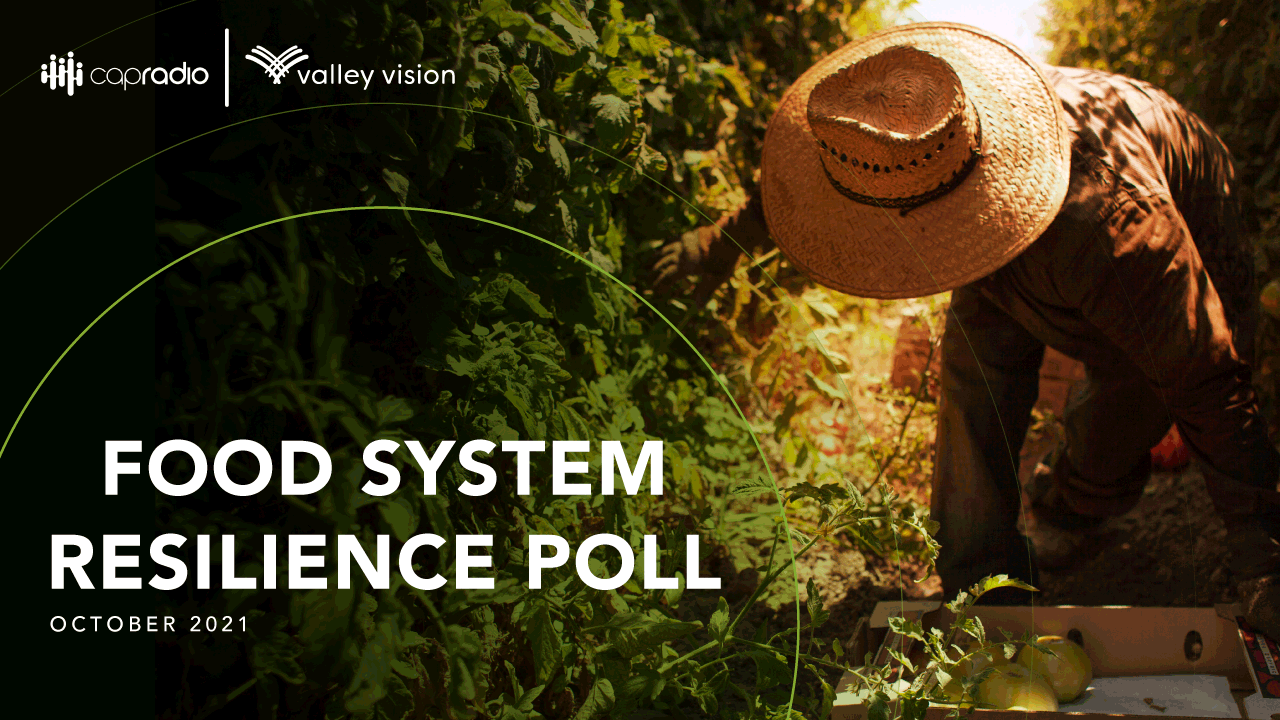
Through the lens of our farm to fork brand and knowing that we face real challenges, this Food System Resilience Poll sets out to explore people’s perceptions around our food system and the connections between food, farm, and community. It also seeks to understand the ways in which the pandemic affected access to food, knowing that millions of people in our country already struggled with getting enough food even before the pandemic. With all the food and agricultural assets that we have, do the lived experiences of our region’s residents reflect our vision for what a farm to fork region should be?
The Poll, which was fielded by Valley Vision and CapRadio, in partnership with the Institute for Social Research at Sacramento State, is designed to help inform system work to build an equitable and accessible farm to fork culture that resonates and benefits all communities. The results helped inform the Sacramento Region Community Foundation’s 2021 Food System Action Plan, a robust set of strategies and tactics to guide industry leaders, policy makers, universities, and community groups toward actions that achieve more inclusive, supported, sustainable, and equitable food system practices (expected to be released in October 2021).
Some of the Poll’s most notable findings are:
- Self-reported food insecurity was higher in the Farm to Fork Capital than the U.S. average overall and disparities in access exist along racial and economic lines. Key supports, such as federal stimulus checks during the pandemic, provided important means of increasing food security during a hard time.
- Even though they live in the Farm to Fork Capital, many residents in the region have not had opportunities to grow their own food or participate in local food and agriculture activities.
- About half of respondents have knowingly purchased local food, grown within 100 miles of home, however this practice is more likely among white, older, and higher income respondents.
- Respondents highly value wild, open lands and farmland, and enjoy living in an area with farms and agriculture.
- Overall, the Farm to Fork brand is a popular one, however Latino respondents as well as those who live in cities were less enthusiastic.
- About half of respondents admit to regularly throwing out food, however, the same amount support paying a fee of at least $5 a month in their utility bill to support food recovery programs that could reduce food waste and hunger.
- The vast majority of respondents are concerned that climate change poses a real risk to growing food in our region.
The COVID-19 Resilience Poll #3 (May 2021)
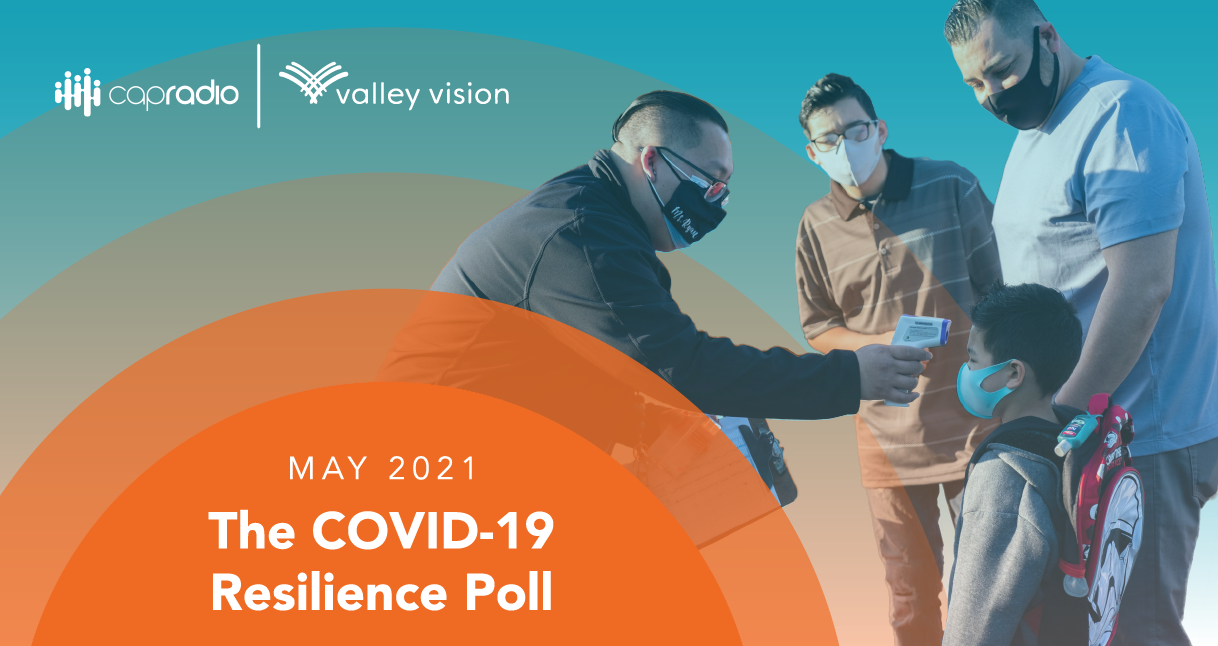
The COVID-19 Resilience Poll series tracked the experiences, perceptions, concerns, and hopes of people living in California’s Capital region. Three polls were conducted through a year of the COVID-19 pandemic from May 2020 to March 2021. The third and final poll in our series, was in the field March 12-29, 2021 and is demographically representative of the Capital region, encompassing Sacramento, El Dorado, Placer, Sutter, Yolo, and Yuba counties, with a margin of error of plus or minus three percent.
This report, fielded by Valley Vision and CapRadio, in partnership with the Institute for Social Research at Sac State, provides a retrospective look at all three COVID-19 polls, pulling out key themes and clear trends in the data where system transformation has been most marked. The findings give us a sense of the unique challenges our region faces associated with late-pandemic conditions and all that has come as a result. You can also access CapRadio’s coverage of the poll at www.capradio.org.
Photo credit: Andrew Nixon/CapRadio
The COVID-19 Resilience Poll #2 (October 2020)
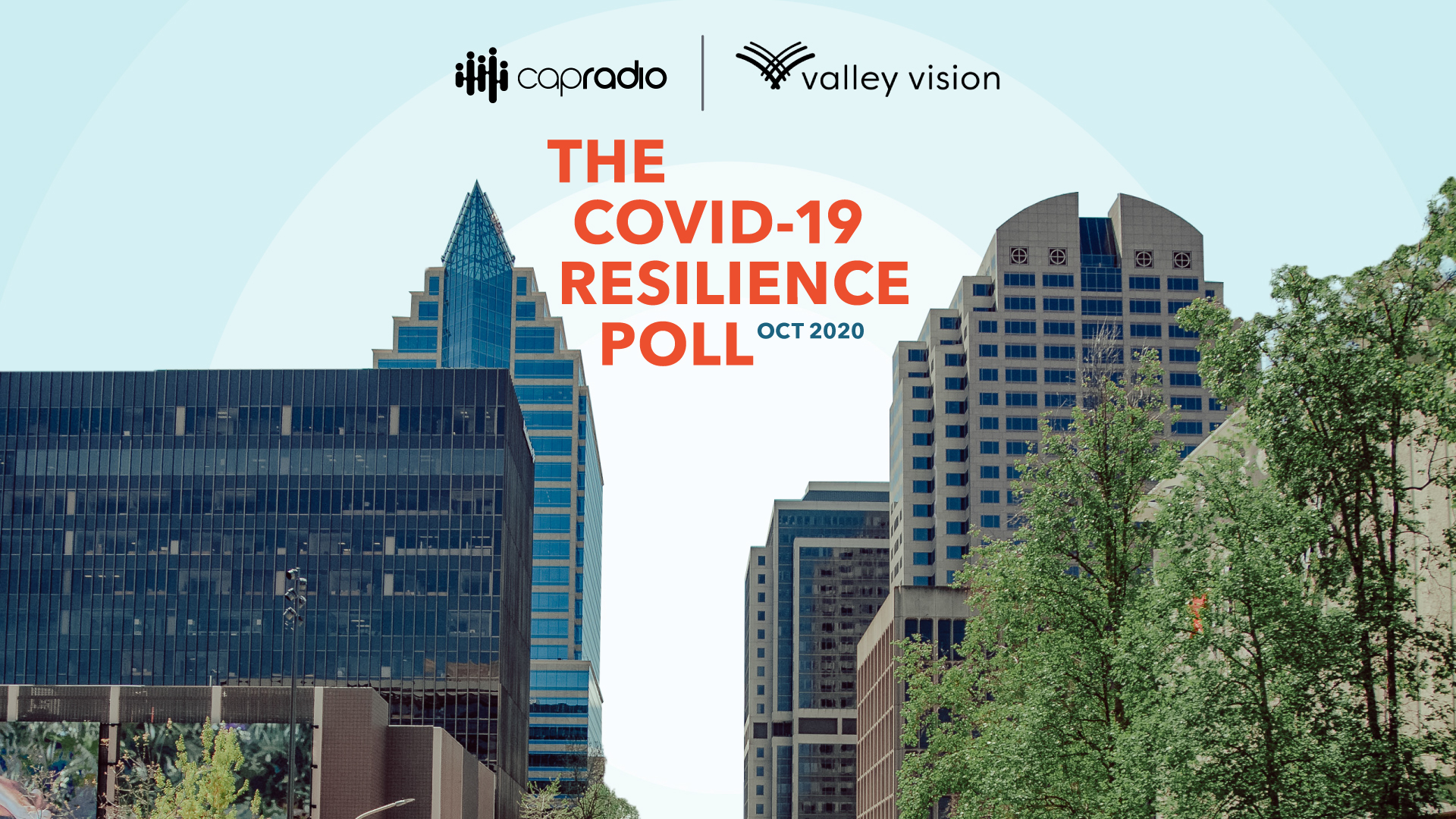
The COVID-19 Resilience Poll series tracks the experiences, perceptions, concerns, and hopes of people in the Capital region, via three polls conducted through the first twelve months of the COVID-19 pandemic – including health impacts and fears, the experiences of the varying public orders and guidance, and the economic consequences of the pandemic. This poll, the second in our series, was in the field September 4-18, 2020, and is demographically representative of the Capital region, encompassing eight counties, including Sacramento, Yolo, El Dorado, Placer, Yuba, Sutter, Solano and San Joaquin counties, and has a margin of error of plus or minus three percent.
This poll paints a picture of the many ways that COVID-19 is impacting our region. This is the second in a series of polls fielded by Valley Vision and CapRadio, in partnership with the Institute for Social Research at Sac State. These surveys are helping us understand and navigate the challenges ahead as we aim to not just understand the impacts and recover from the setbacks of COVID-19, but also reimagine a more equitable, sustainable, and just future. You can also access CapRadio’s coverage of the poll at www.capradio.org.
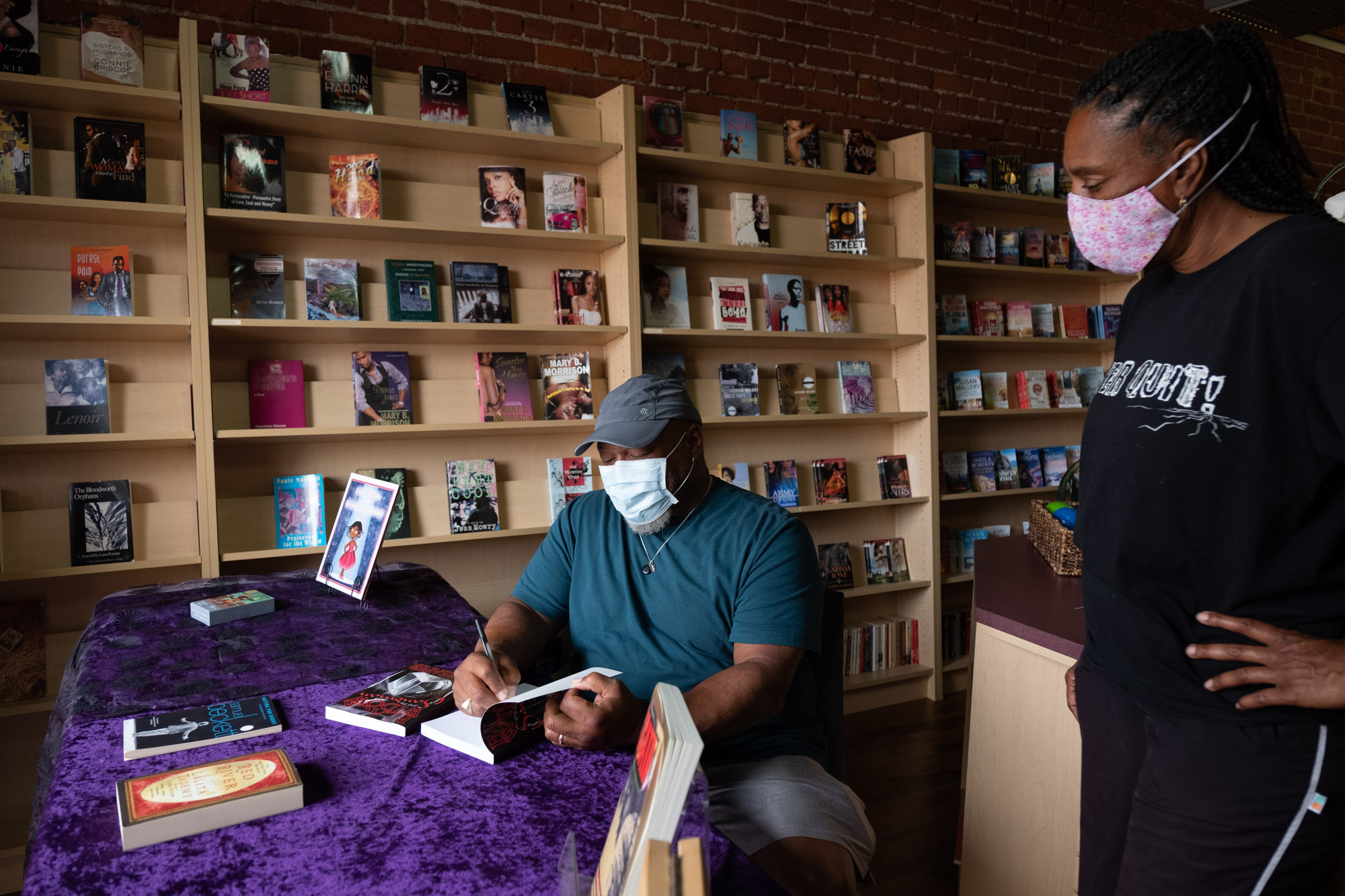
Levels of concern continue to reflect disparities in our communities. Respondents who are Black, Hispanic, in a lower income bracket, or younger, reported higher levels of concern across most measures.
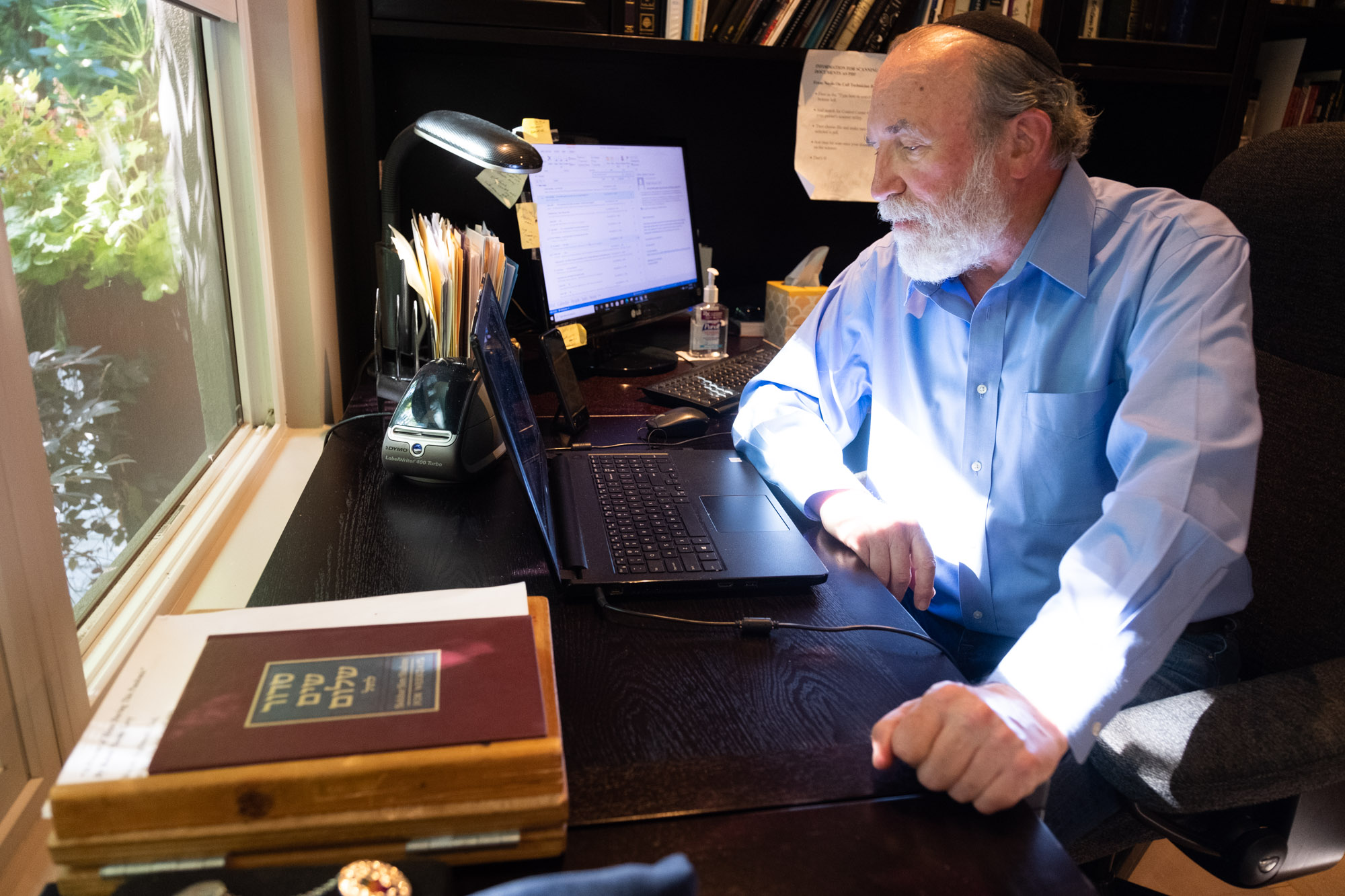
As many as 63% of respondents reported feeling depressed at least once in the last seven days, and 82% of respondents reported feeling anxious at least once in the last seven days.
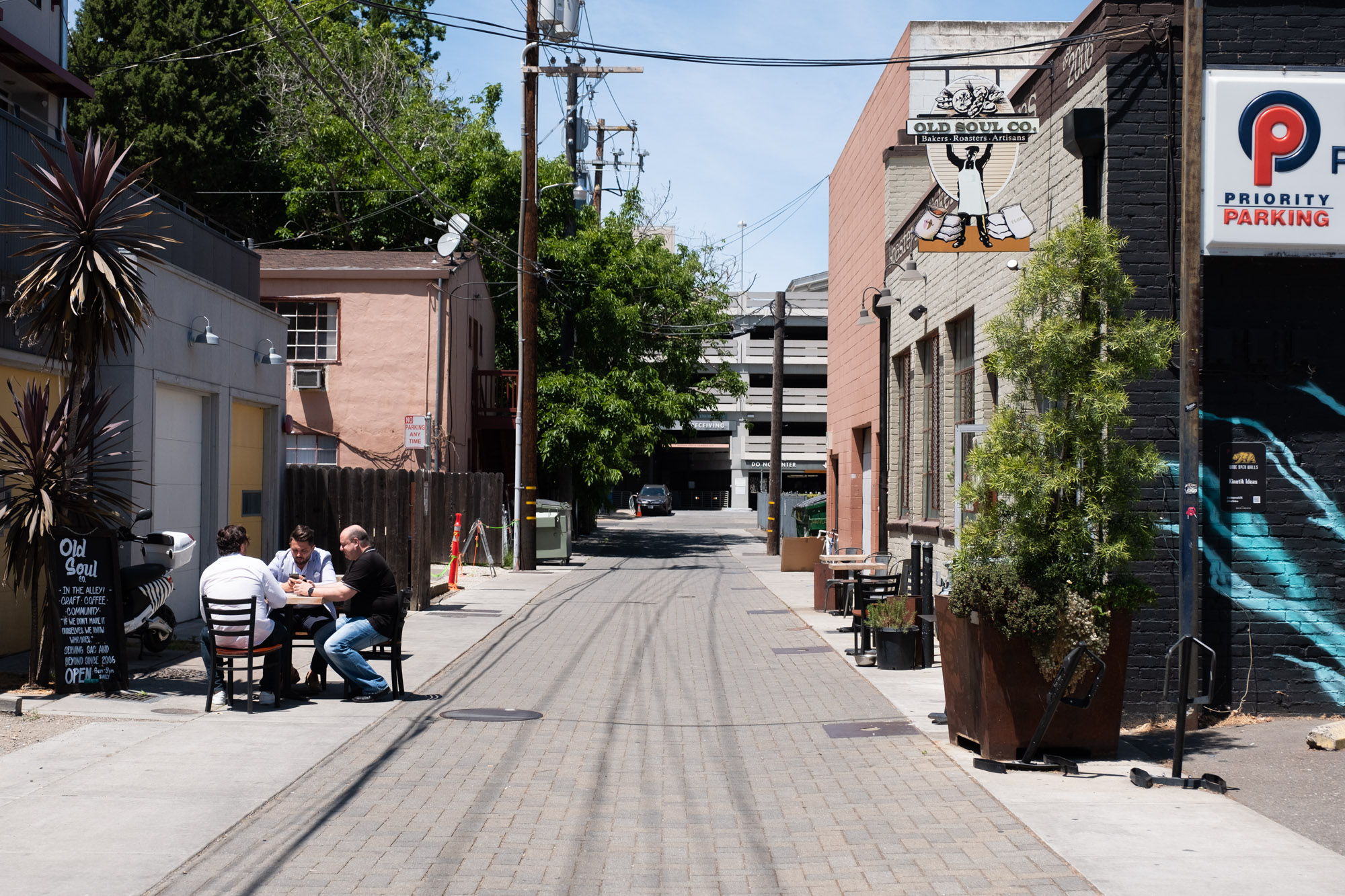
17% of respondents reported that they are currently unemployed, while only 8% reported being unemployed in January.

Men and women are experiencing the impacts of having their children doing schooling remotely very differently — nearly 40% of women respondents describe it as “very” challenging, as compared to only 13% of men.
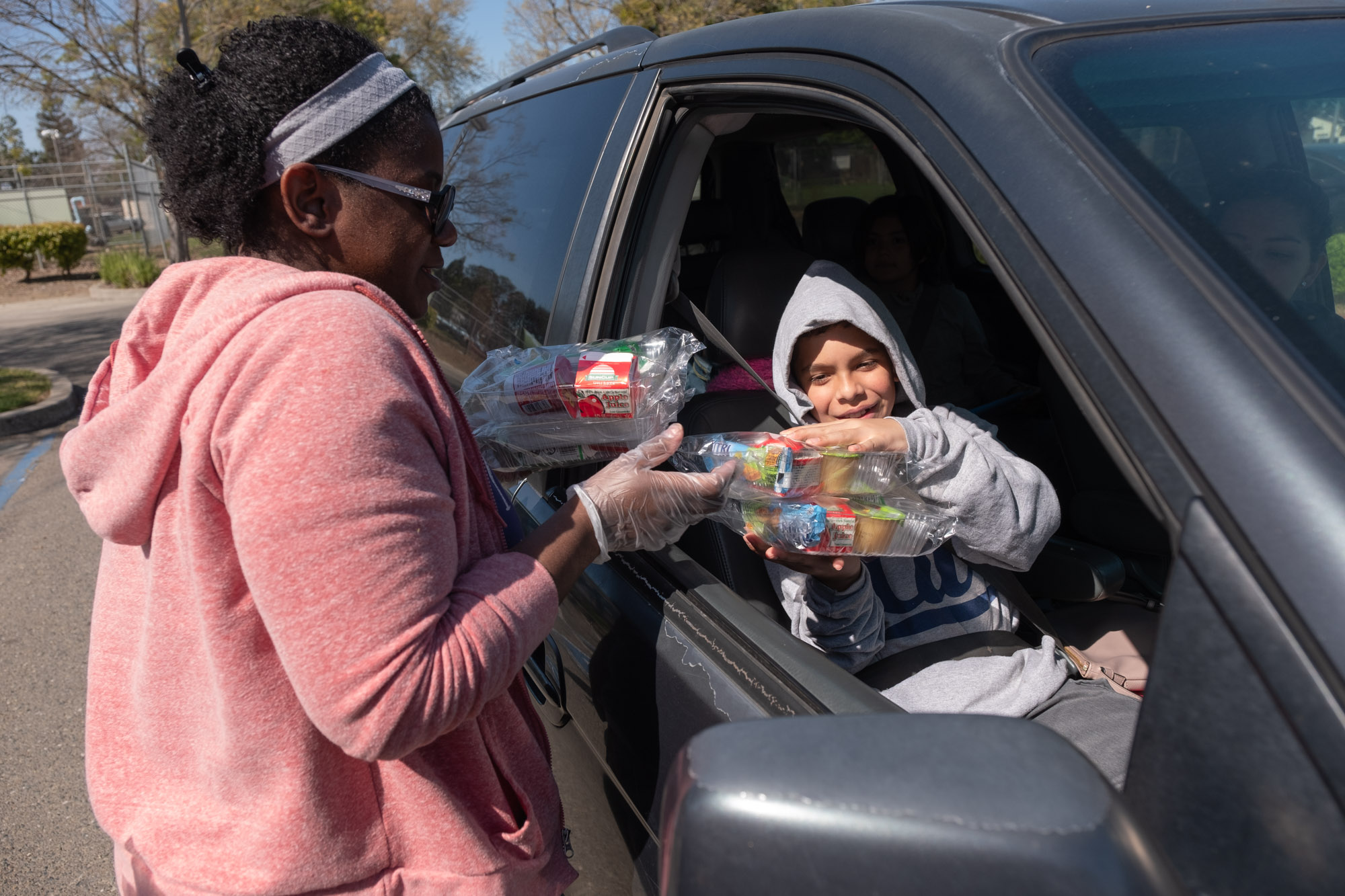
48-57% of those with children think that schools at all levels should open in-person; only 26-28% of those without children share the same view.
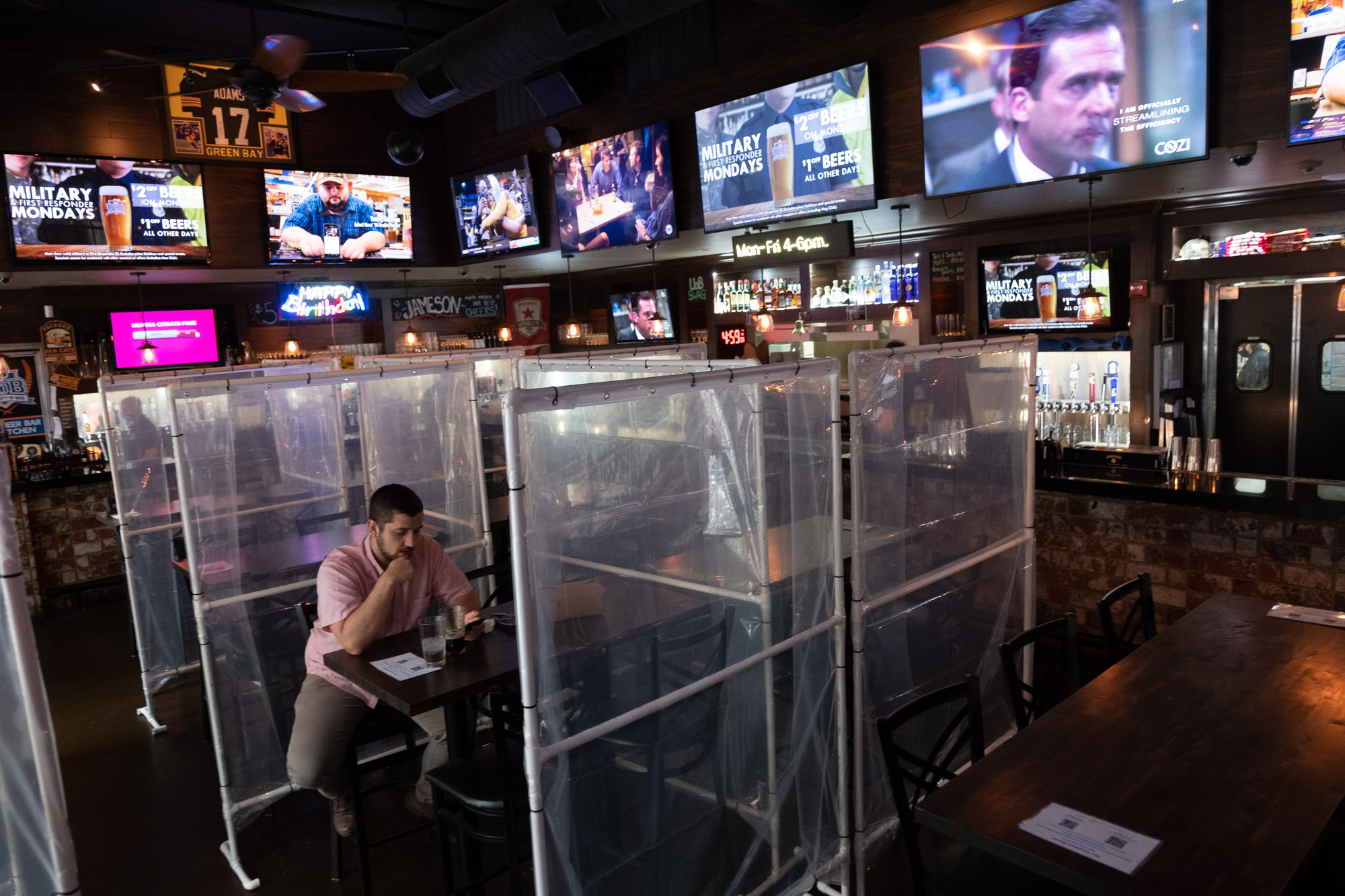
Republicans are more likely than Democrats to support a return to in-person schooling either as usual or with minor adjustments to accommodate COVID-19.
Photo credit: Andrew Nixon/CapRadio
The COVID-19 Resilience Poll (2020)
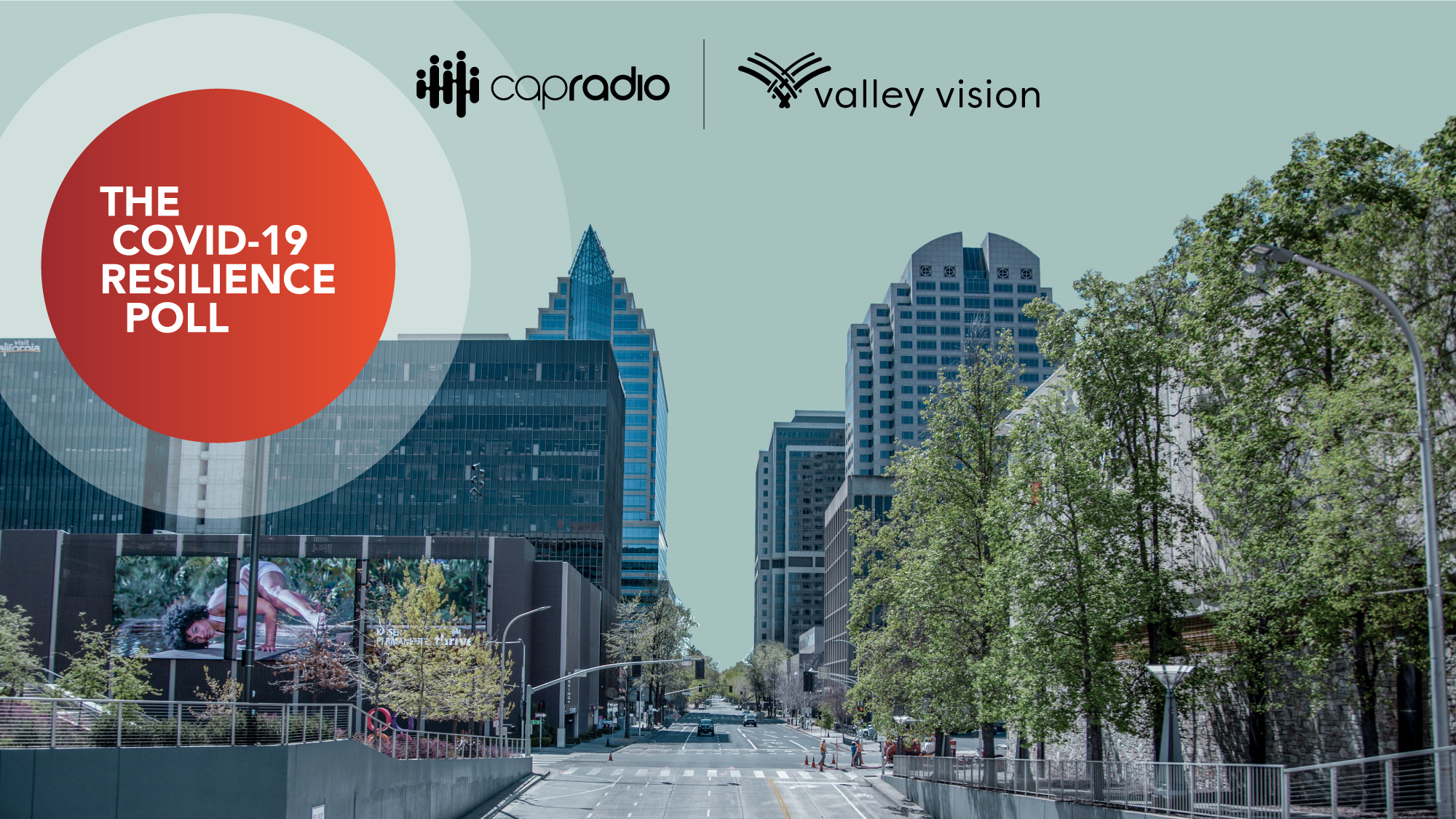
The COVID-19 Resilience Poll tracks the experiences, perceptions, concerns, and hopes of people in the Capital region through the early stages of the COVID-19 pandemic including the health impacts and fears, the experiences through the shelter in place order, and the economic fallout from the pandemic. This public opinion poll was in the field May 12-27, 2020, and is demographically representative of the Capital region, encompassing eight counties, including Sacramento, Yolo, El Dorado, Placer, Yuba, Sutter, Solano and San Joaquin counties. The margin of error is plus or minus three percent.
This poll paints a picture of the many ways that COVID-19 is impacting our region. This is also the first in a series of polls that Valley Vision and CapRadio will field, in partnership with the Institute for Social Research at Sac State. These surveys will help us understand and navigate the challenges ahead as we aim to not just understand the impacts and recover from the setbacks of COVID-19, but also reimagine a more equitable, sustainable, and just future. You can also access CapRadio’s coverage of the poll at capradio.org/resilience.
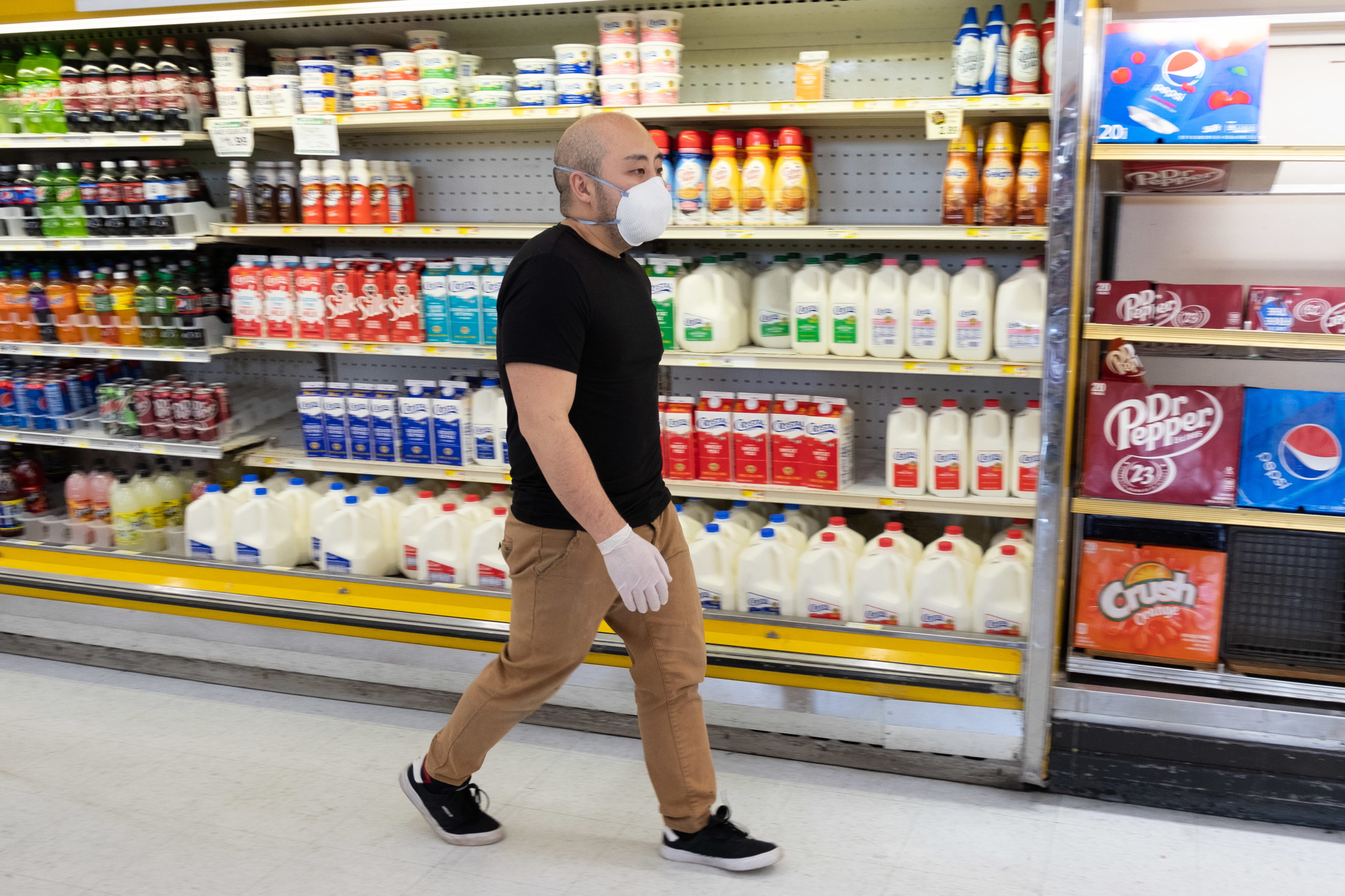
We found that COVID-19 has severely impacted the people in our communities – including their mental, physical, and emotional health; their daily life and routines, and their economic security.

There are deep disparities of the intensity of concern and impact across different populations, with Black and Hispanic respondents feeling the impacts more severely.
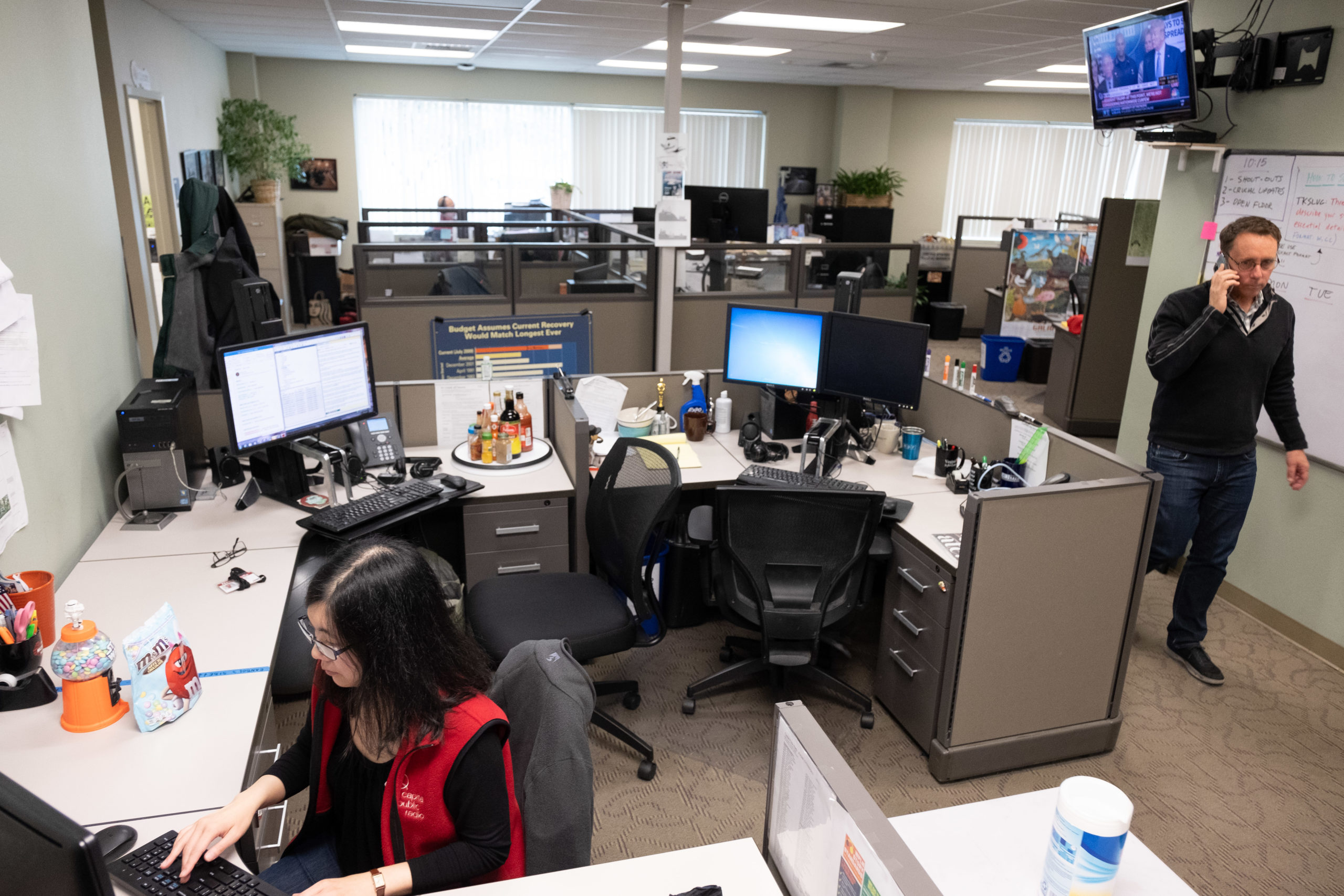
Nearly half of respondents have lost income and about a third are struggling to afford basic needs including rent or mortgage, bills, and paying down debt.

Many respondents are working remotely as a result of COVID-19 – however those in higher incomes were more likely to go remote and were more likely to have already been working remotely.
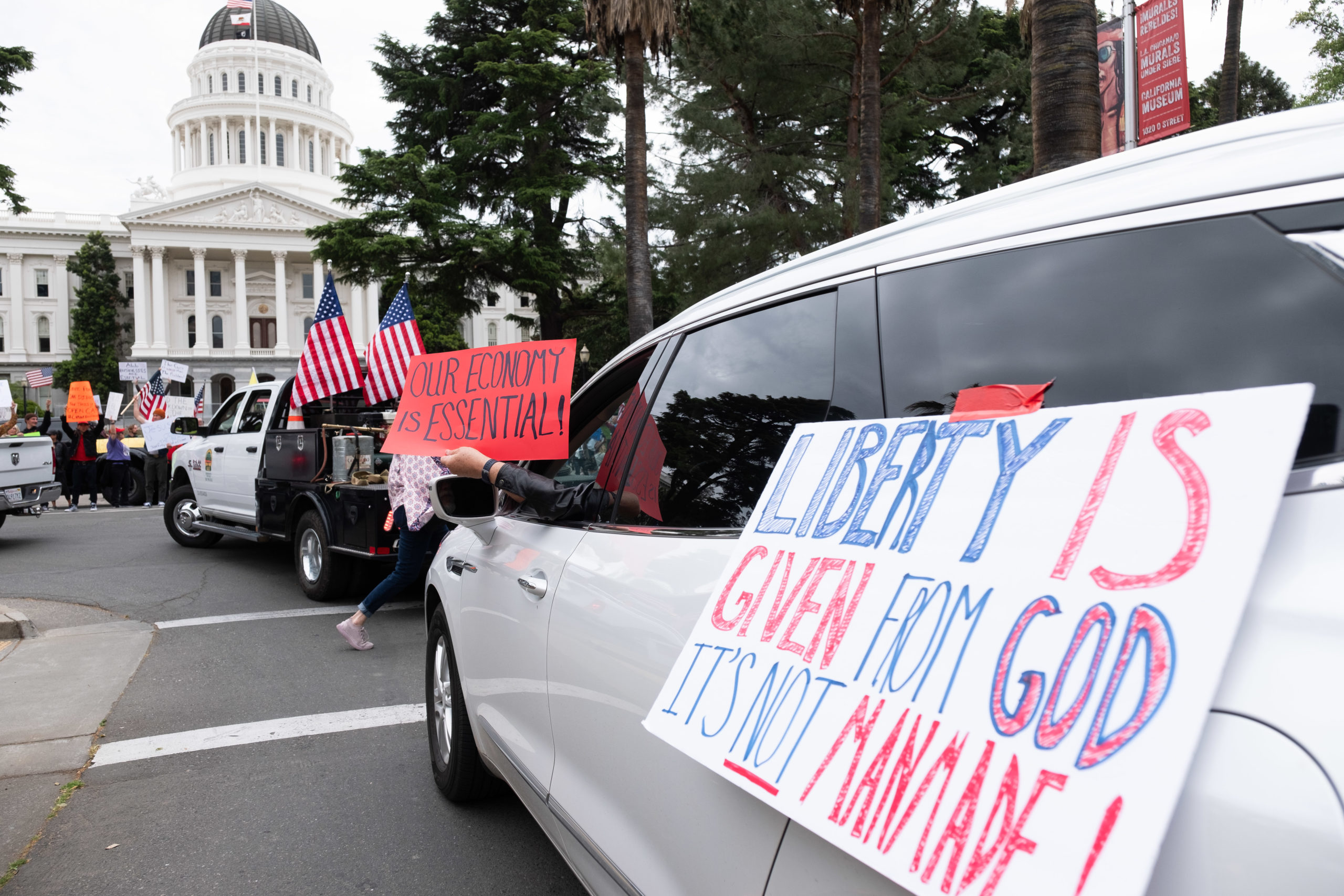
There is also a significant political dimension in the region and many respondents are critical of leadership – whether it is because they think that leadership has failed to deliver an effective response or because they think the response is overblown and creating more harm.
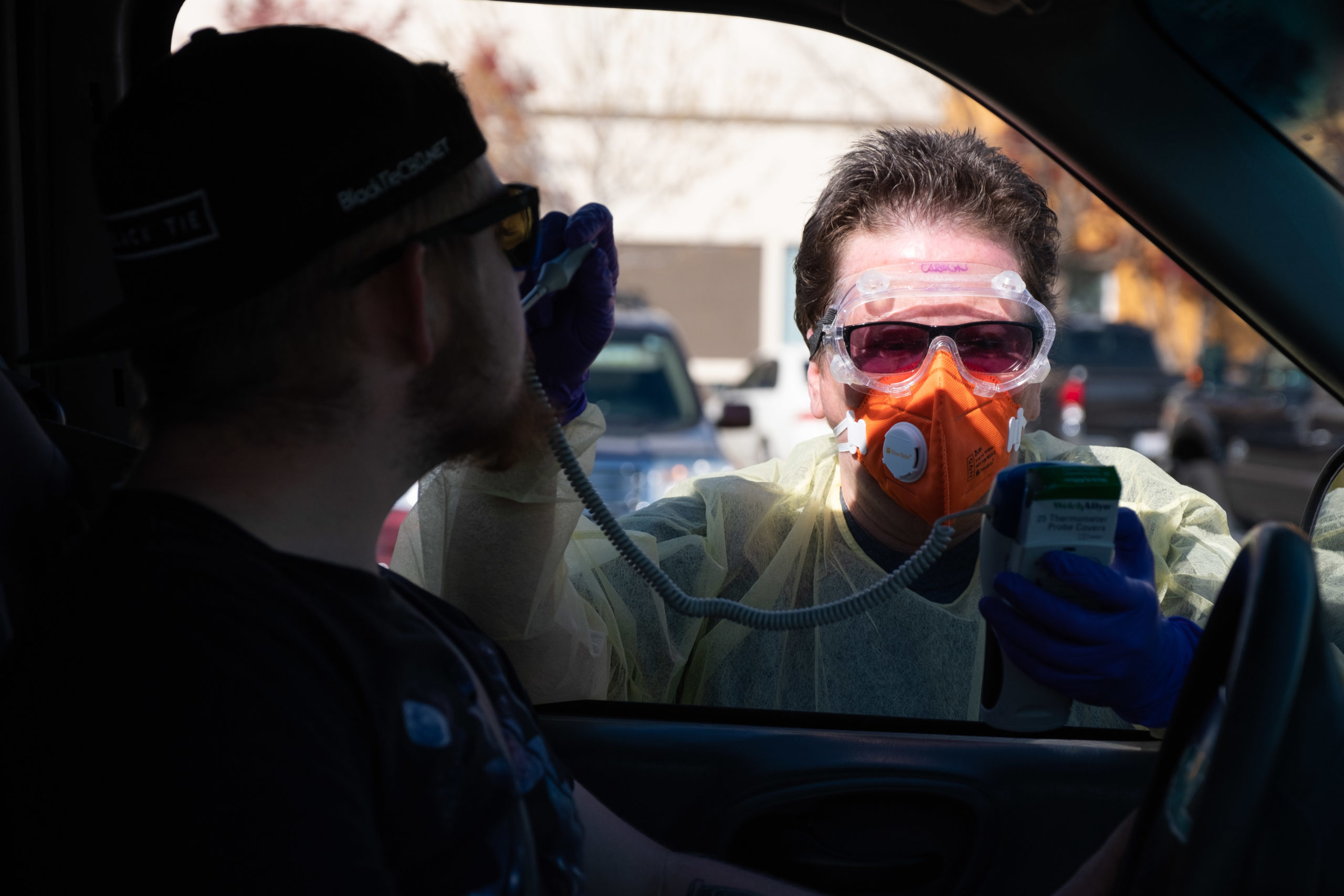
Respondents’ most significant worries included continued illness, spread of disease and the impact on the economy.
Photo credit: Andrew Nixon/CapRadio
Regional Attitudes on Workforce and Education: The Future of Work (2020)
The acceleration of technology innovation is one of the most significant transformative forces of our time. Today’s innovations, such as digitalization, automation, artificial intelligence (AI) and other technologies, have changed the nature of our national and global economy and are changing the nature of work across all sectors of industry, impacting workers as skill and competency needs shift.
Valley Vision and the Institute for Social Research (ISR) at Sacramento State conducts public opinion polls, drawing from a regional panel that demographically represents the six county region (El Dorado, Placer, Sacramento, Sutter, Yolo, and Yuba counties) and reports at a margin of error of +/-3%. This survey seeks to better understand technology disruption, the gig economy, experiences at work, values towards work, and aspirations for the future.
We found that poll respondents are excited about the future, including changes to their own work life as a result of technology innovation, but still want and need security and protections in place to ensure their success.
Some key findings and conclusions for the future of work in the Capital Region include:

Photo credit: https://www.mim-essay.com/best-mba-schools-in-usa
Respondents are optimistic about new technologies and 82% are excited or confident about the effect that technology innovation will have on their future job prospects. Despite this excitement, a major skill shift is underway and some workers are at risk of losing jobs.

The “gig” economy has a significant impact on our region’s people and economy. About one-third of respondents currently earn income through employment “gigs” and one-quarter report that income from the gig economy is their primary source of income.

Despite changes to the nature of work respondents still value job security and long-term service to an organization. Although younger generations tend to have shorter job tenure, workers of any age are looking for the same things – meaningful work, opportunities to grow, recognition for contributions, and high performing companies.

Entrepreneurship is a key aspect of the modern economy. 62% of respondents believe that they have entrepreneurial skills and abilities and 50% say that they’d take a chance and start their own business. Entrepreneurial networks across the region are key to inclusive economic growth.

Two-thirds of respondents have faced discrimination in the workforce, especially related to sex and race. Ensuring that there are opportunities for social mobility and well-being for all is critical for a thriving and inclusive region.

More than half of respondents are open to leaving the region for better opportunities elsewhere, if needed. Creating, retaining, and attracting talent is a shared responsibility across business, education, community, and individuals.
Valley Vision will present the findings of the workforce and education survey in a series of reports, focusing on how respondents are navigating work and their outlook for their future. Subsequent reports will focus on The Skills of the Future in the Capital region and The Future of Education in the Capital region.
Regional Attitudes In Focus: Gen Z and Millennials (2019)
Valley Vision and Sacramento State’s Institute for Social Research (ISR) have partnered to conduct four public opinion polls since 2017. Our polls have looked at Capital Region residents’ priorities, values, experiences, and preferences on Civic Amenities, Transportation, Quality of Life, and the Environment.
These polls give insight into Capital Region residents’ views on current issues and help inform decision-makers’ strategies and investments related to public infrastructure and community well-being. This report is part of a series of unique profiles that will zero in on subsets of our region’s population to see how our respective ages or other social, geographic, or demographic characteristics influence our experiences, providing a more in-depth view of our region.
Our first report looks at how Millennials and Gen Z (aged 18-38) collectively view the Sacramento region. How do these generations think about their communities and what are their preferences and priorities for the types of communities that they want to live in?
Regional Attitudes: The Environmental Poll (2019)
Valley Vision and Sacramento State’s Institute for Social Research (ISR) released The Environmental Poll in May 2019, the fourth study in a series that captures residents’ attitudes on important regional issues.
Valley Vision is excited to announce the results of a new scientific public opinion survey about environmental and climate priorities in the Sacramento region. Read on to uncover opinions about green jobs, climate action, preservation of open space, and other new data to help public policy leaders make informed decisions.
Click here to view an interactive website featuring data from The Environmental Poll.
Regional Attitudes: The Livability Poll (2018)
Valley Vision and Sacramento State’s Institute for Social Research (ISR) released The Livability Poll in November 2018, the third study in a series that captures residents’ attitudes on important regional issues. The Livability Poll will serve as a benchmark study that Valley Vision will gauge progress on annually.
While quality of life is rated high by most respondents, the study also uncovered underlying tensions. The data show that respondents’ have concerns about lack of affordable housing, growing homelessness, issues of safety, and food insecurity.
“There are many ways that the region shines,” says Valley Vision’s chief executive Bill Mueller. “Inclusion, engagement, diversity, high access to basic necessities, and overall community pride are given high marks by poll respondents. But issues like poverty and growing economic disparities are eroding quality of life for some and disagreement over how the region ought to grow illustrate divisions in our communities that regional leaders need to address.”
Ensuring a high quality of life by supporting economic prosperity, social equity, and environmental sustainability is Valley Vision’s core mission, and that makes the Livability Poll our most important one to date. Visit The Livability Poll for a quick glance at top level findings.